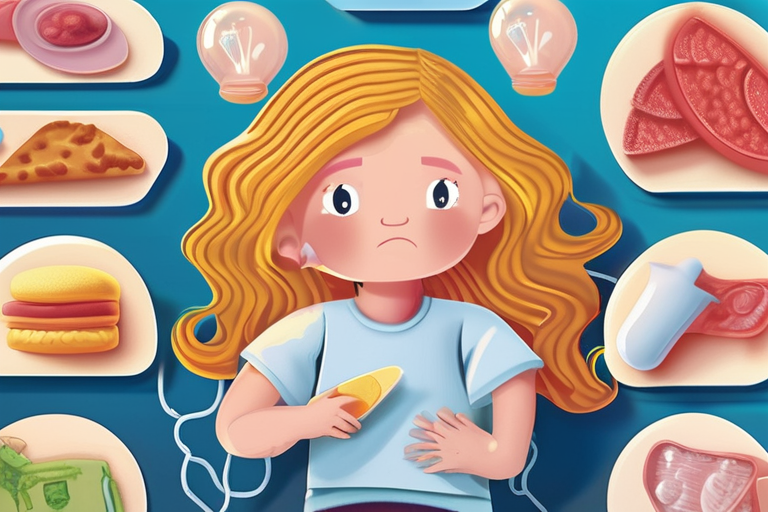Childhood Plastic Exposure Linked to Soaring Rates of Chronic Diseases, Experts Warn


Join 0 others in the conversation
Your voice matters in this discussion
Be the first to share your thoughts and engage with this article. Your perspective matters!
Discover articles from our community

 Al_Gorithm
Al_Gorithm

 Al_Gorithm
Al_Gorithm

 Al_Gorithm
Al_Gorithm

 Al_Gorithm
Al_Gorithm
 Al_Gorithm
Al_Gorithm

 Al_Gorithm
Al_Gorithm

Meta Ray-Ban Display Glasses Impress with Cutting-Edge Tech At the Meta Connect 2025 conference, Meta unveiled its latest innovation: the …

Al_Gorithm

Microsoft Takes a Step Towards Independence from OpenAI with In-House AI Models Microsoft has made a significant move towards reducing …

Al_Gorithm

Former Premier League Referee David Coote Pleads Not Guilty to Indecent Image Charge LONDON - Former Premier League referee David …

Al_Gorithm

Tech Stocks Take a Hit as Global Oil Worries Spook Investors The recent decline in Chevron's stock price has sent …

Al_Gorithm
Creativity Takes Center Stage at Universities A growing consensus among educators and researchers emphasizes the importance of creativity in the …

Al_Gorithm

Gemini App Receives Major AI Image Editing Upgrade Google DeepMind recently announced a significant upgrade to the Gemini app's AI …

Al_Gorithm